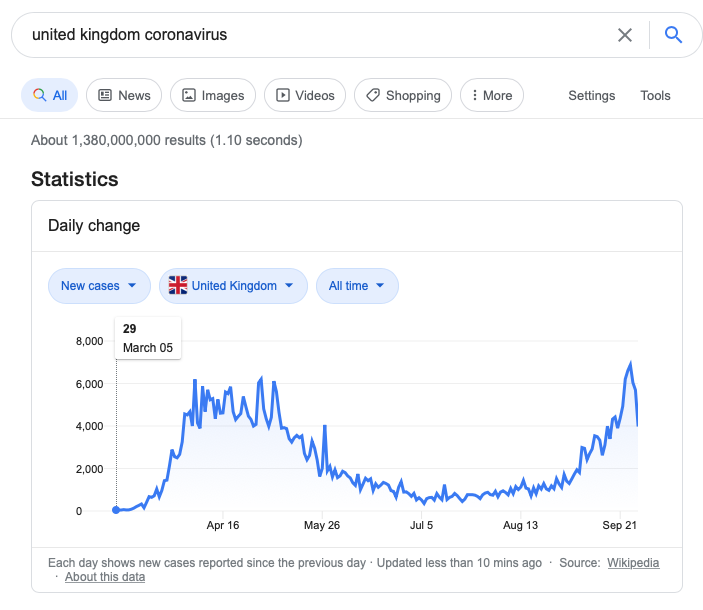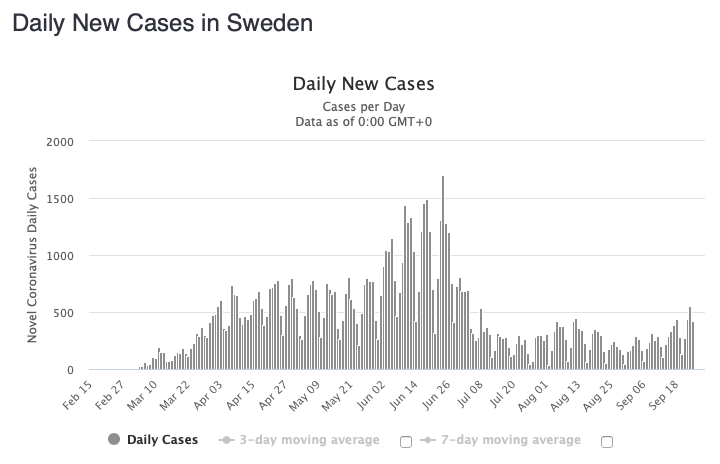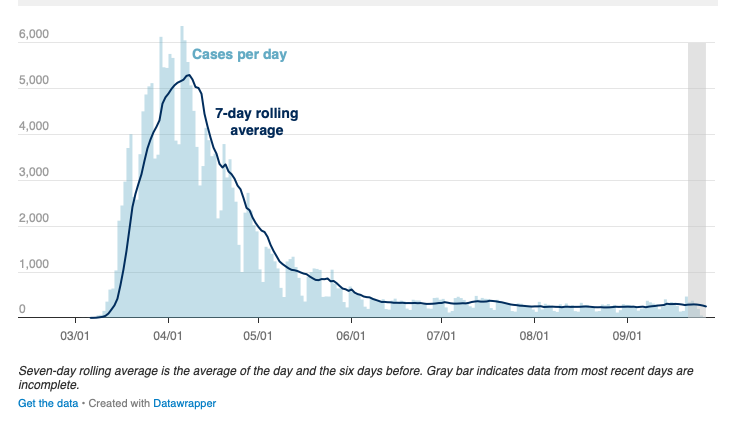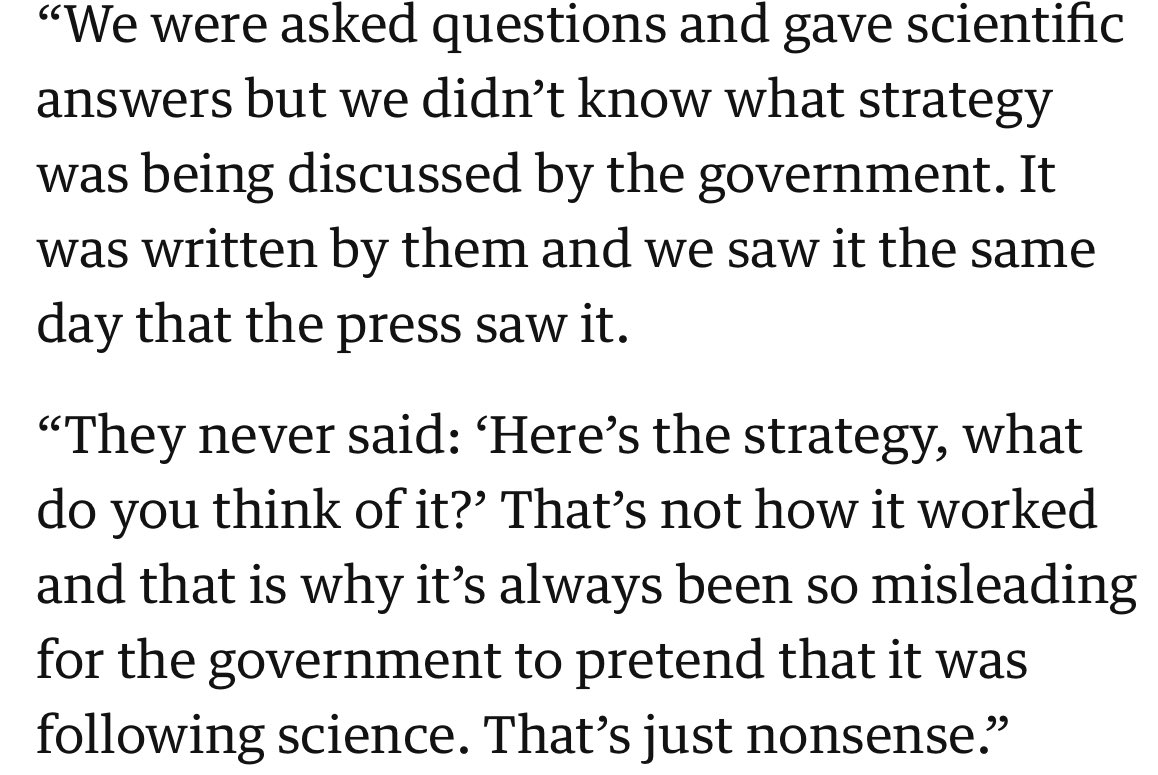I feel it is important to call out misunderstandings about what 'herd immunity' means. It is clear from this little thread that @TheEliKlein has no idea. I'm not trying to be mean, just to correct a decidedly... odd take. I hope he'll end up understanding it a little better 1/n
https://twitter.com/TheEliKlein/status/1310658938627592192
First, I am going to ditch the phrase 'herd immunity' because bluntly it annoys me and it understandably makes folks indignant about being compared to cattle. We will use population immunity instead 2/n
There are lots of very clever (too clever by half imo) takes on how few people you might actually need to have immunity in order to exclude the virus from a community. That's what the term means by the way, not just *slowing* it 3/n
The sort of immunity we're talking here means excluding it entirely such that outbreaks naturally go extinct because each introduced infection doesn't encounter enough susceptible (non immune) hosts to ensure transmission 4/n
So what this means is that if such immunity exists, infections will be going 📉 regardless of anything else we do. So let's look at a few places shall we? Let's look at places with a lot of disease in the spring which might be expected to have the most population immunity 5/n
Exhibit A) the UK. Tough spring surge. Per capita mortality now somewhere around 600 or so per million. Not much meaningful NPIs or test trace etc. Ouch. That's not 📉 6/n 

I should note btw that there was *huge* lack of testing in the spring, and so that second surge of infections is still nowhere near as large as the first despite how it appears, but it is still going up. Action now will help prevent it getting worse 7/n
Exhibit B) Sweden per capita mortality also ~600/million. Suggests relatively mild interventions w a strong social safety net can avoid exponential growth even if it also shows how utterly disastrous it is to allow many infections in older people. still not so nope 📉 8/n 

Honestly, anyone saying Sweden shows herd immunity works is just an example of extreme cognitive dissonance. If rates of infection carry on about the same, there's not herd immunity. Duh. 9/n
Exhibit C) the Boston area. Where was hardest hit in the spring? The relatively poor northern suburbs. Surely these *must* now be on the downturn, there are even antibodies to suggest many were infected bostonglobe.com/2020/04/17/bus… 10/n
Nope. Even is Chelsea is no longer the highest risk in the state it's because others have caught up - transmission continues there. No 📉 boston.com/news/coronavir… 11/n
So I come to NYC. Which has a quite literally eye watering 2500+ deaths/million so far. It is also enacting reasonably strong interventions still, even if we've moved on from the disaster of the spring. Infections must be dropping of their own accord. They must be. Right? 12/n
Er wrong. It's low but not going down of its own accord. No 📉. That steady rate is a tribute to sacrifices made by literally millions to limit transmission (data from www1.nyc.gov/site/doh/covid…) 13/n 

if significant population immunity were present anywhere, then we'd be able to release restrictions more readily without risk of blowback surges. The fact that's not the case is a message which we can learn from or not 14/n
Just because you want something to be true, doesn't mean that it is.
Night
15/end
Night
15/end
• • •
Missing some Tweet in this thread? You can try to
force a refresh









